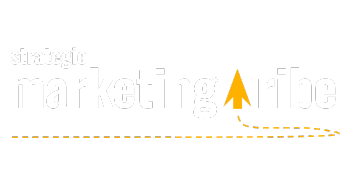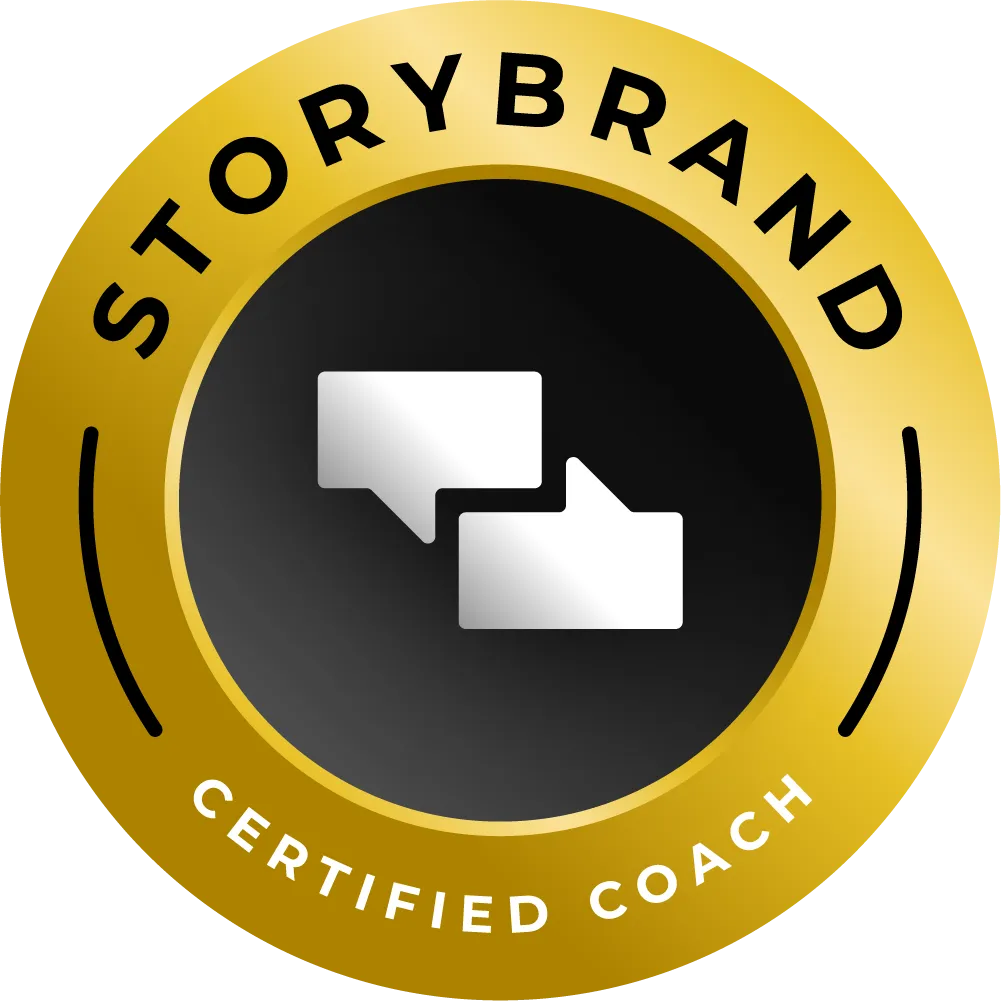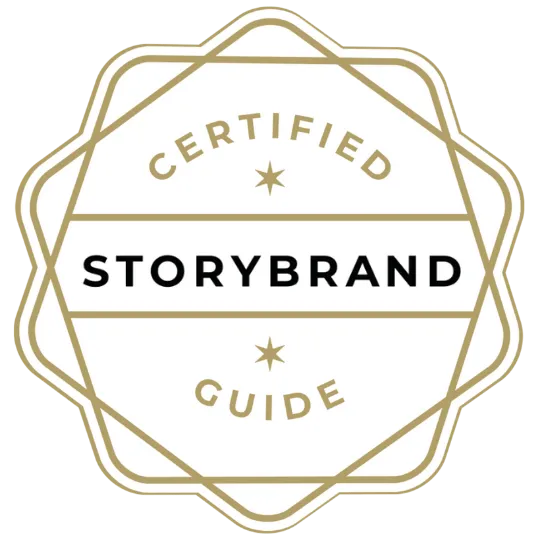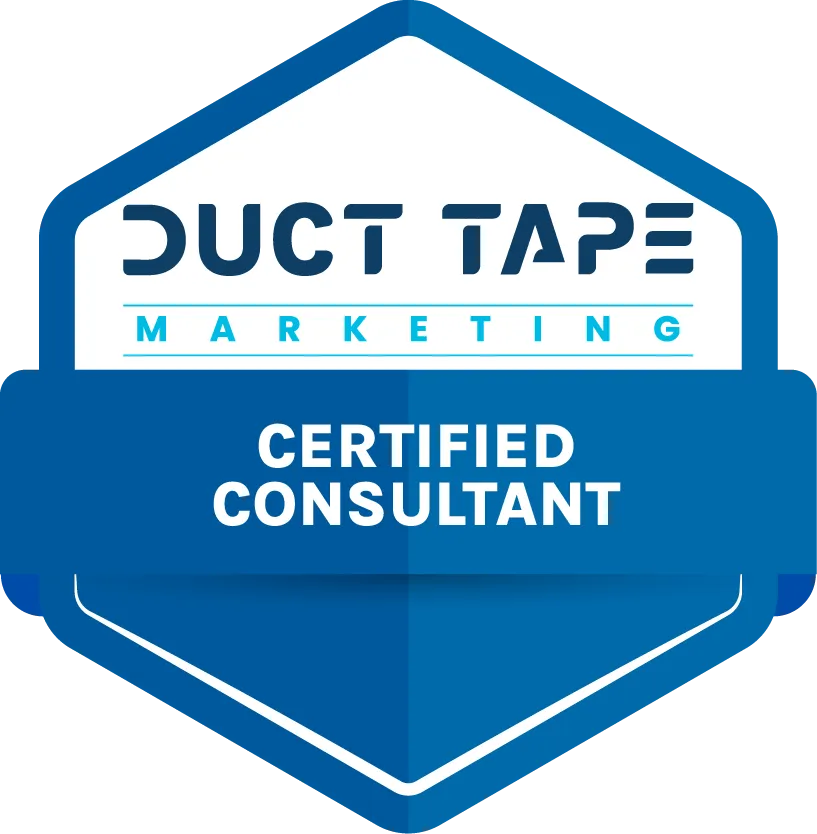STORY, MEET STRATEGY
Let’s make marketing feel less robotic and more real.
Find resources that bring your message – and your business – to life.
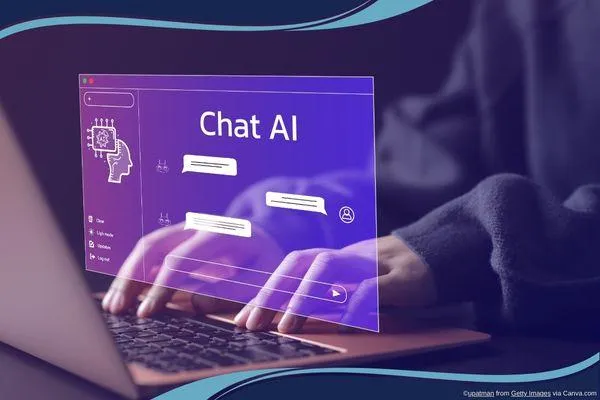
SEO in the Age of ChatGPT—How “Winning Mentions” Now Beats Ranking for Clicks
By Vicky Sidler | Published 13 May 2025 at 12:00 GMT
If traditional SEO was a polite queue outside Google’s front door, large language models (LLMs) just opened a side gate and invited shoppers to bypass the line. According to Fortune, ChatGPT now drives over 9% of its outbound traffic to Amazon, making the e‑commerce giant the most visited site via AI referrals. Apple’s own services head admits Safari web traffic has dipped for the first time in two decades, blaming consumers who ask ChatGPT instead of typing URLs. Google denies a crisis, but marketers can see the breadcrumb trail: search behavior is morphing from keyword taps to conversational prompts.
Why this shift matters for small businesses:
A consumer no longer types “best affordable solar panels” into Google and scans ten blue links. Instead, she asks ChatGPT for panels “that work on small farms in cloudy regions,” receives a conversational shortlist, and clicks only the suggested brands. If your business isn’t mentioned in that answer, you never appear—no matter how fast your site loads or how fine‑tuned your meta tags.
Three new pillars of AI-first optimization:
Before you revise every headline, ground your approach in these core ideas.
1. Rich, conversational metadata:
Large language models favor explicit, descriptive data. Think product titles and alt‑text that match likely questions: “12‑volt solar panel kit for small dairy farms.” A mouthful, yes—but an LLM can parse nuance faster than a human skimmer.
2. Credible third‑party mentions:
ChatGPT pulls heavily from forums such as Reddit and from reputable reviews. A single up‑voted thread can weigh more than ten self‑hosted blog posts. Earning organic praise (or thoughtfully answering user questions) builds authority in the LLM’s training pool.
3. Storytelling and trust:
Fortune quotes multiple experts stressing brand reputation as “the new digital billboard.” LLMs look for consistent narratives: case studies, customer reviews, and founder interviews. Hollow keyword pages will fade from AI‑generated answers.
Adapt without burning everything down:
As a StoryBrand Certified Guide and strategic Duct Tape Marketing Consultant, I recommend a phased strategy that blends clear messaging with lean experimentation.
Phase 1: Rewrite key product pages for questions, not keywords.
List the top five buyer queries you hear on calls. Fold those phrases—verbatim—into headings, bullet intros and alt‑text. You’re feeding AI the exact language it uses to answer.
Phase 2: Plant seeds in credible communities.
Identify one subreddit, one niche forum and one industry group where your audience hangs out. Contribute genuinely helpful answers once a week. Measure the rise in branded queries over 60 days.
Phase 3: Craft a flagship story asset.
Publish a data‑backed case study or founder piece that highlights your authority. Use schema markup so LLMs tag it as a trustworthy source. This is classic StoryBrand: you’re positioning the customer as hero and your product as guide.
Each phase takes less than two hours per week—Lean Marketing’s 80/20 rule in action.
Will Google vanish tomorrow? No—but ignoring LLMs is budgeting for invisibility:
Search engines still matter, yet conversational AI is nipping at their heels. Preparing now—by winning mentions and sharpening narrative—means your brand shows up whether a shopper types, taps, or talks.
Need a ready‑made playbook for AI‑era storytelling?
My StoryBrand Marketing Mastery Course gives you templates for conversational metadata, prompts to earn authentic forum mentions, and weekly coaching to refine brand stories that LLMs trust. Join here and turn SEO uncertainty into an opportunity pipeline.
READY TO MAKE YOUR MESSAGE MATTER?
Enough with the bland, forgettable, soulless AI Content – we design StoryBrand marketing that feels human and actually connects.
Cleared with clarity (and coffee)
